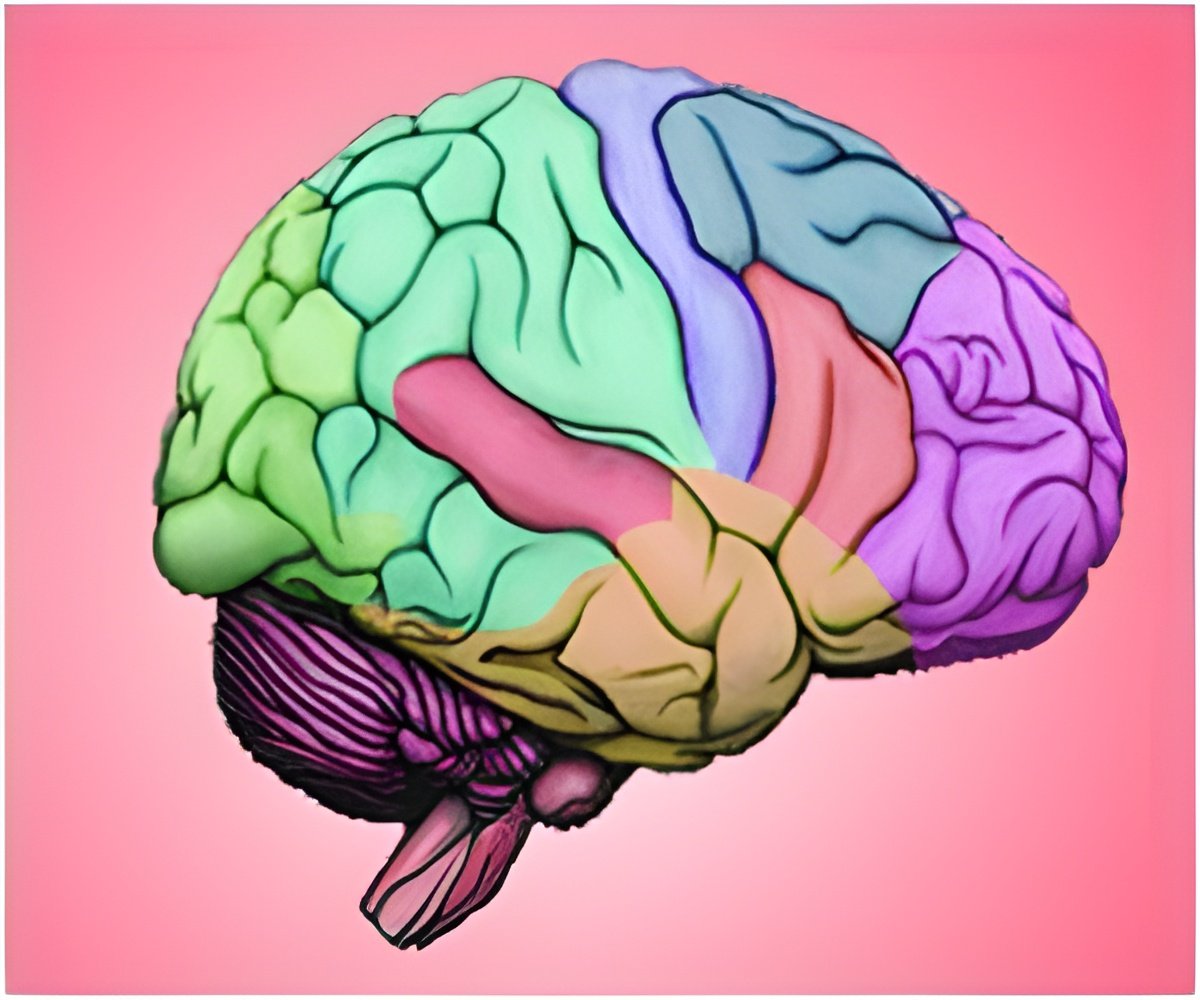A new UCSF-led study revealed premature infants exposed after birth to drugs known as glucocorticoids are at increased risk for having impaired growth of the cerebellum.

In the current study, published in the Oct. 19, 2011, issue of Science Translational Medicine, the researchers found that betamethasone given to mothers in premature labor was not associated with adverse affects on the baby's brain growth. However, they found that premature babies given hydrocortisone or dexamethasone in a low-dose range after birth had, on average, 10 percent smaller cerebellar volumes by the time they were full term.
"This study provides new evidence that these drugs, even at low doses, are associated with impaired cerebellar development when given to babies after birth," said Emily Tam, MD, a child neurologist in the Neurological Intensive Care Nursery at the UCSF Benioff Children's Hospital and lead author of the study.
The long-term impacts on cognitive and motor development will need to be assessed through neurological examinations and developmental testing when the children are at school age, she said. However, previous studies have shown that smaller cerebellar volumes in children born prematurely are associated with significant motor and cognitive impairments by teenage years.
Babies born prematurely may be treated with glucocorticoids for a number of reasons. Betamethasone is often given to mothers in preterm labor to accelerate the baby's lung maturation, and either hydrocortisone or dexamethasone may be given to premature newborns after birth to help with maintaining a normal blood pressure or to shorten the period of time they need help with breathing using a breathing tube.
Research in animals has suggested that exposure to glucocorticoids can impair the development of the cerebellum, said Tam. To determine if these effects also occur in humans, a study of 172 premature babies was conducted at two centers – the UCSF Benioff Children's Hospital and the BC Children's Hospital and Child and Family Research Institute at the University of British Columbia in Vancouver, Canada. Eighty-five percent of the babies had been given betamethasone before birth, and 20 percent of the babies had received either hydrocortisone or dexamethasone after birth.
Advertisement
Using advanced analysis techniques from the MRI studies, Tam's team measured the volume of the brains, and specifically the cerebellum. While there were no negative associations with betamethasone given to mothers in premature labor, babies given either hydrocortisone or dexamethasone after birth had 10 percent smaller cerebellar volumes by the time they'd reached full term.
Advertisement
Source-Eurekalert














